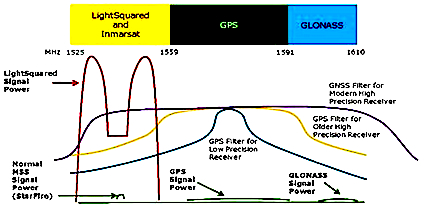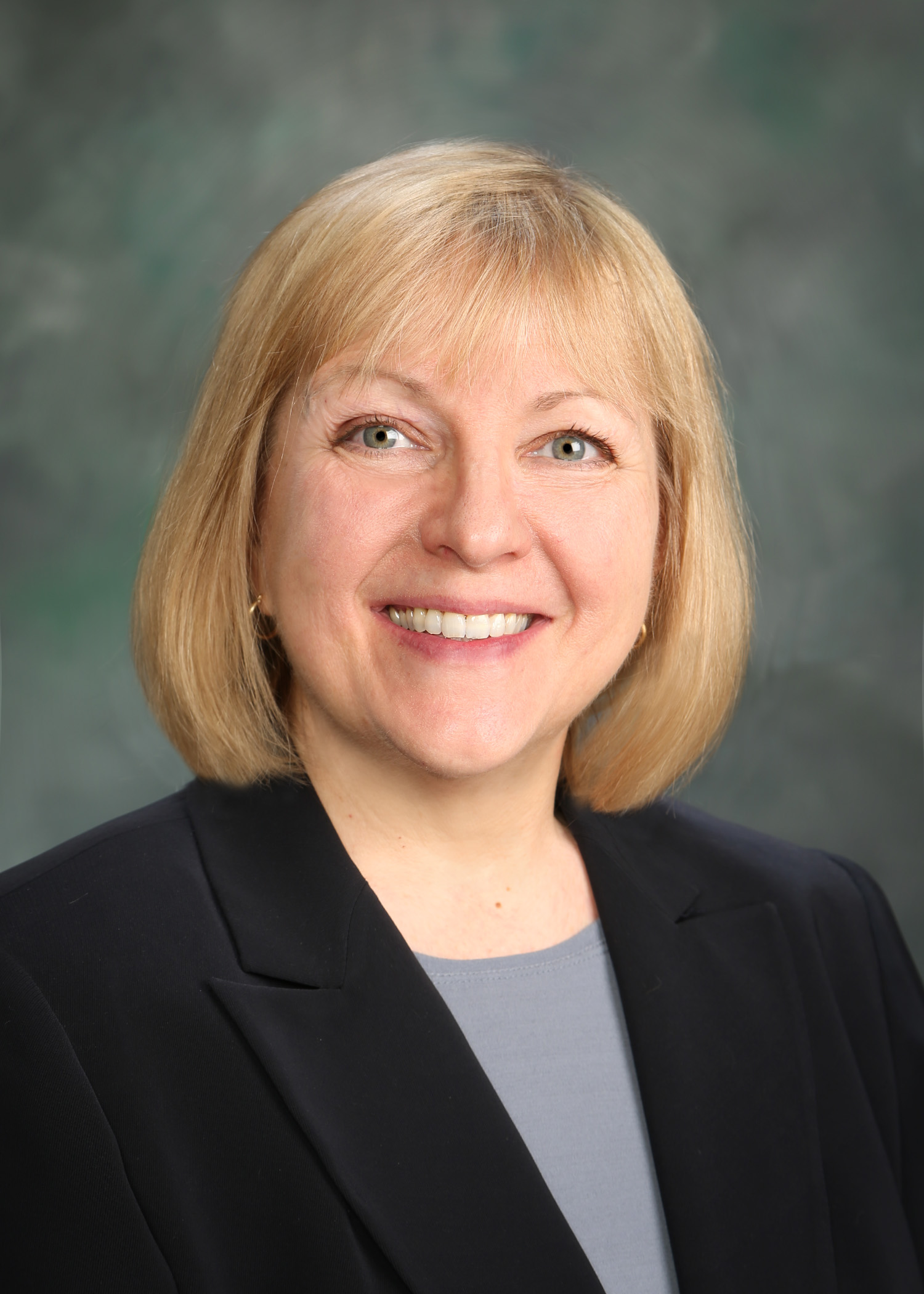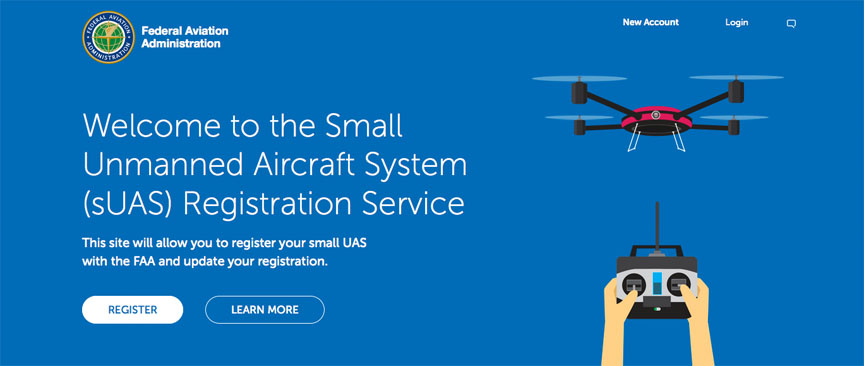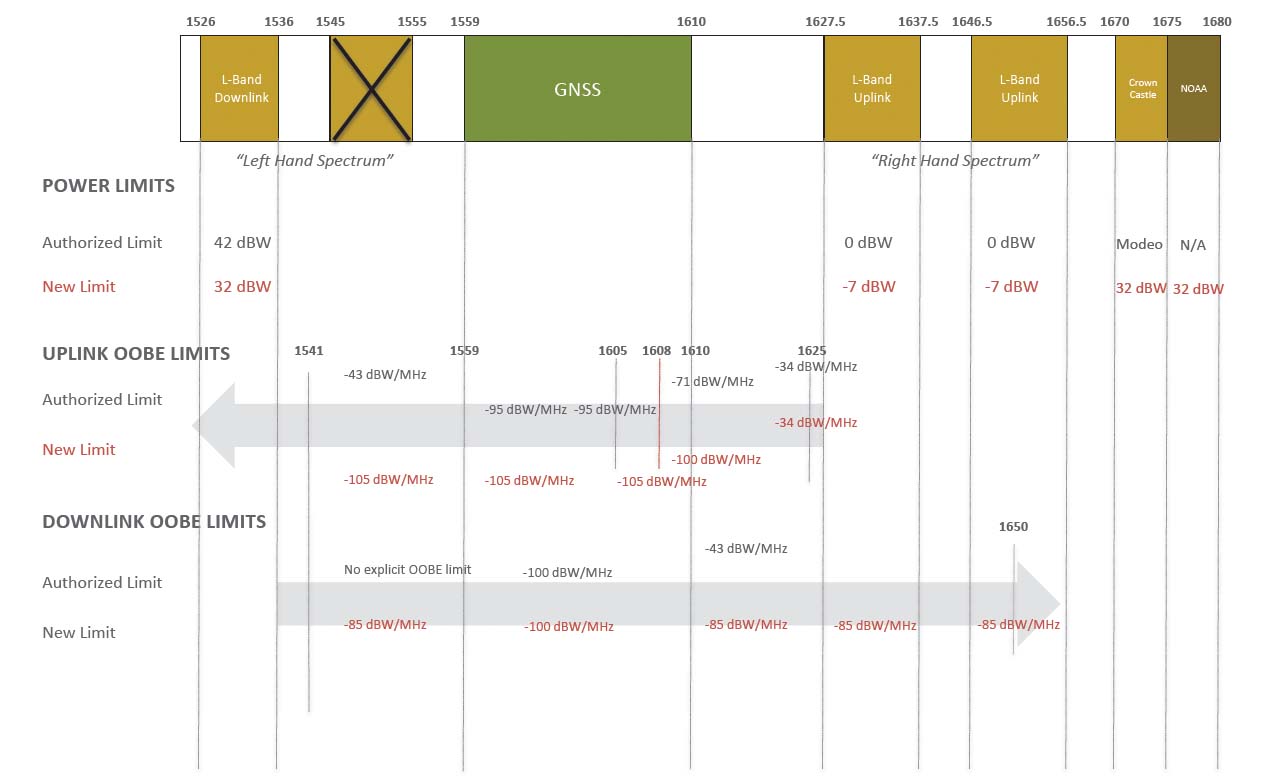In one of three separate filings on Friday (September 28, 2012) would-be broadband provider LightSquared asked the Federal Communications Commission (FCC) to set “operating parameters” leading to “revised technical rules” to enable it to operate in the lower of the two frequency bands where tests last year showed its operations would interfere with GPS.
Those rules and parameters should, the filing intimated, include standards for GPS receivers.
In one of three separate filings on Friday (September 28, 2012) would-be broadband provider LightSquared asked the Federal Communications Commission (FCC) to set “operating parameters” leading to “revised technical rules” to enable it to operate in the lower of the two frequency bands where tests last year showed its operations would interfere with GPS.
Those rules and parameters should, the filing intimated, include standards for GPS receivers.
The firm, which wants to repurpose its pair of satellite-to-ground bands for a terrestrial wireless network using high-powered ground stations, also offered to permanently relinquish use of the upper band. The deal is conditioned on it being allowed to share five megahertz of the RF spectrum (1675–1680 MHz) now being used by the National Ocean and Atmospheric Administration (NOAA) for weather-balloon radiosondes and satellite downlinks.
Giving up the upper 10 megahertz of L-band, which adjacent to the GPS (and other GNSS) L1 frequency, would provide a “permanent guardband” the firm said in its filings. The firm would use the new spectrum for downlink from its satellites.
NOAA, which has already agreed to give up some spectrum for auction, will likely not be happy to lose sole use of even more, said telecom analyst Tim Farrar of Telecom, Media and Finance Associates, Inc.
“It’s especially complicated once you start using (the frequencies) for downlink and transmitting at very high power,” Farrar said. “It’s going to be a fight, and, I guess, by going in this direction, the calculation is that NOAA has less political clout that the Department of Defense.”
Virginia-based LightSquared, which declared bankruptcy earlier this year, also asked the FCC to set aside as unworkable the timetable it had agreed to for building out its nationwide network. The firm has been unable to proceed since the FCC withdrew its conditional approval for the network on February 14.
The request for new rules from the FCC is couched in broad language and does not explicitly ask the commission to establish GPS receiver standards. However, the filing cites a report by the President’s Council of Advisors on Science and Technology (PCAST) that calls for receiver standards and specifically cites the LightSquared-GPS issue as an example of why standards are needed.
LightSquared also cited a white paper by the Information, Technology and Innovation Foundation, which asserts the overload issue that halted LightSquared’s network “resulted from GPS receiver design rather than LightSquared’s planned network.”
In that context the firm asked that the Commission initiate “a rulemaking proceeding to develop operating parameters for terrestrial use of the 1526–1536 MHz portion of the L-Band that would be reflected in revised technical rules. Such rules would, for a transitional period, allow terrestrial use of the lower MHz of LightSquared’s L-Band downlink spectrum at 1526-36 MHz in a manner to ensure further compatibility with GPS receivers. The rules would also establish a timetable that, based explicitly on the record in this proceeding, would ultimately permit LightSquared robust commercial terrestrial use of this band.”
An industry group that formed last year to fight the LightSquared proposal declined to comment on the new package from LightSquared. “The Coalition to Save our GPS is reviewing the proposal,” said spokesman Dale Leibach
FCC Still Blames GPS Receiver Design
The petition comes just a week after FCC officials told a House subcommittee that GPS receivers were to blame for the demise of LightSquared’s plans.
“In this instance the interference is caused by GPS receivers picking up signals outside of the GPS band,” said Julius Knapp, chief of the FCC’s Office of Engineering and Technology, in sworn testimony before the Oversight Subcommittee of the House Energy and Commerce Committee. Although the committee has primary oversight responsibilities for the agency, this is appears to be the first time it has weighed in on the LightSquared controversy.
Knapp asserted that the LightSquared deal got as far as it did because the commission relied on the manufacturers to bring any interference issues to its attention — and the GPS community had failed to do so until the last minute, he contended.
The chairman of the subcommittee Clifford Stearns, R-Fla., pushed the two FCC witnesses particularly hard on the issue of receiver standards.
“Do GPS companies have a duty to design receivers that filter out signals in adjacent bands – yes or no?” Stearns asked Mindel De La Torre, Chief of the FCC’s International Bureau which handled the LightSquared matter. He answered for her, according to the transcript. “Based on your email,” he said, “I would say your answer would be ‘yes.’”
Stearns pressed Knapp as well. “Wouldn’t you say, based upon what I just said, that this L-band’s going to be in jeopardy of there’s not some type of effort by GPS to make changes to its front-end receiver? Isn’t that true?”
Knapp agreed.
Though Stearns, who lost his primary this spring, will not be back in Congress next year to lead a charge on the issue, a push for receiver standards appears to be gathering steam. In addition to the hearing and the PCAST report, Knapp and De La Torre noted in their written testimony that the FCC had held a receiver performance workshop earlier this year.
“The FCC’s Technical Advisory Council (TAC) is reviewing this issue ad we expect a report to the Commission on this subject in a few weeks,” they said in their statement to the subcommittee.
Dee Ann Divis is an editor at the Washington Examiner in Washington D.C. She writes the Washington View column for Inside GNSS.






